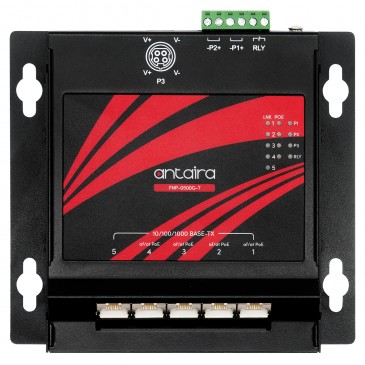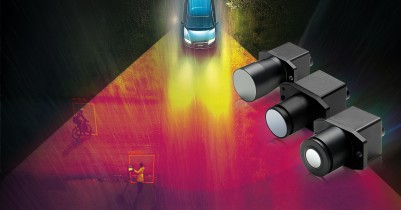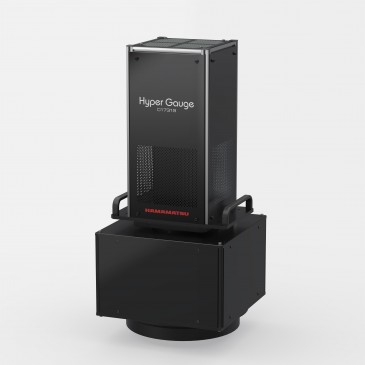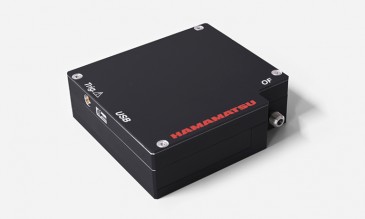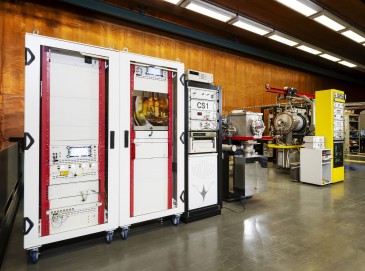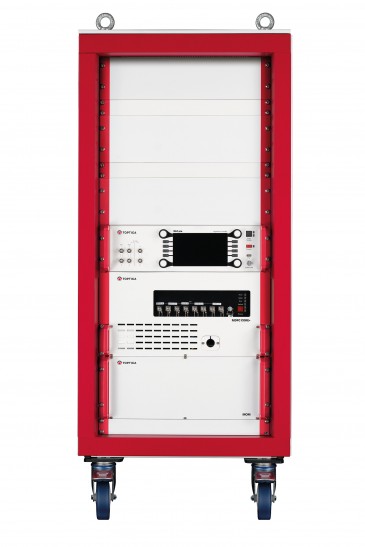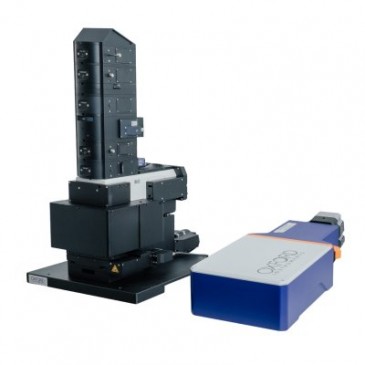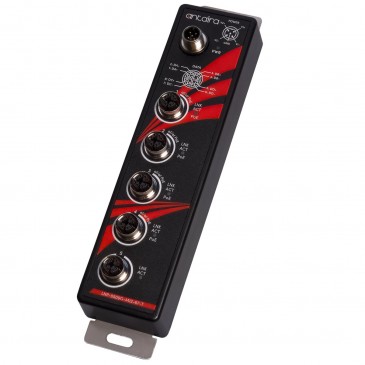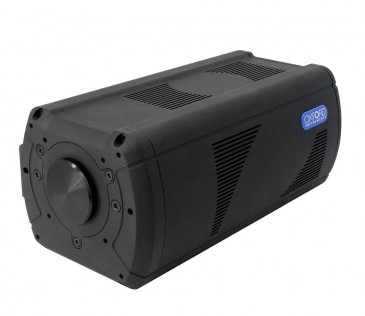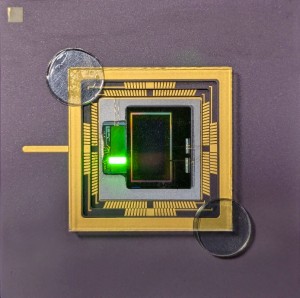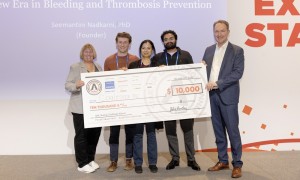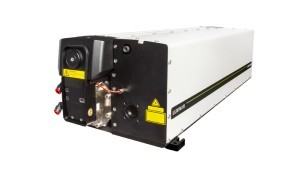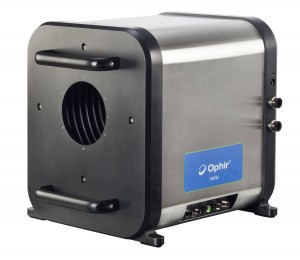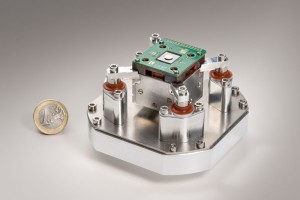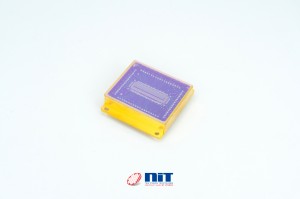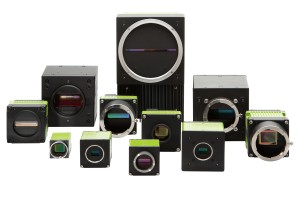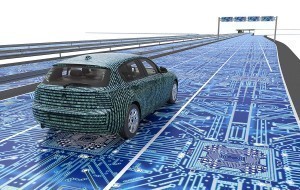
The automotive industry is on the brink of a significant transformation as more consumers insist on advanced driver-assistance systems (ADAS) and autonomous driving features in their future vehicles. The Autonomous Vehicles: Consumer Trends and Attitudes Survey announced today by Ghost Autonomy, a pioneer in scalable autonomy software for consumer cars, reveals that consumers are not just intrigued by autonomous driving, they are actively seeking it — three in four consumers (77%) expressed a strong preference for fully autonomous driving over robotaxis and one in two (52%) who have firsthand experience with self-driving vehicles would be willing to expedite their next car purchase if full autonomy were available. The research also found that Tesla owners exhibit the highest rate of exposure to self-driving features and are at the forefront of the market in their enthusiasm for autonomous technology, underscoring that drivers who have the opportunity to experience self-driving are positively disposed towards it. The survey gathered insights from over 1,200 participants across diverse age groups, income levels and geographical regions.
“Autonomous driving is clearly the next frontier for the automotive industry as it evolves to meet consumer demand,” said John Hayes, founder and CEO, Ghost Autonomy. “The findings from our Autonomous Vehicles: Consumer Trends and Attitudes Survey reveal that exposure to autonomous vehicles in the real world increases consumers’ inclination towards adopting it in their own cars. As drivers consider integrating this technology into their daily lives, it makes sense that they want to better understand its reliability and safety. There is enormous opportunity in educating and exposing consumers to autonomous capabilities to connect ongoing advancements in autonomy to consumers’ propensity to buy.”
Drivers anticipate positive impact of self-driving technology on their lives – and are willing to pay for it
Consumers recognize the potential benefits of autonomous driving technology and are keenly interested in leveraging it to enhance their lifestyles. Additionally, a majority (65%) of respondents said they would want autonomous driving in their car in the next ten years if the technology was proven to be safe. Age plays a factor in self-driving vehicle readiness with the next generation of car buyers indicating a strong desire for fully autonomous driving: almost three-quarters (73%) of drivers between the ages of 21-29 and 69% of drivers between the ages of 30-39 state they want fully autonomous driving in their cars in the next five years.
Drivers are also willing to pay for this new technology: 52% of those who have experienced self-driving vehicles in-person said they would accelerate their next car purchase if fully autonomous capabilities were available today, and 59% would choose their next car based on the availability of this technology. If there were an additional cost associated with autonomous driving technology, 78% stated that they are ready to make an upfront payment of $5,000 or more for these services on top of their car purchase. If a monthly cost is involved, 67% are willing to pay at least $100 a month for autonomous driving capabilities.
Safety features drive demand for consumer autonomy
Safety is a critical concern for drivers with safety features — such as blind spot monitoring, lane keeping assist, emergency swerve assist and driver monitoring — ranking as the number one priority for new car buyers, ahead of keyless or phone-based entry, premium infotainment systems, premium trims and EVs. A majority (61%) of consumers are willing to expedite their next car purchase if advanced safety systems capable of reducing accidents by 90% or more were available. Almost two-thirds of drivers (65%) stated that advanced driver assistance features were a key criteria in their vehicle purchase, with 21% saying it was “the reason I bought my car.”
“Safety is paramount when considering how consumers plan to interact with autonomy,” added Hayes. “Motorists eagerly anticipate and are excited about investing in the potential advantages offered by autonomy. Ensuring transparent safety standards and practices stands as the pivotal pathway for these vehicles to become mainstream.”
More than a third of drivers (37%) are interested in autonomous driving, because they want a higher level of safety for themselves and their children. Moreover, eight out of ten people who have experienced self-driving want fully autonomous driving in their cars in the next ten years, if proven safe.
Easier commutes spark consumers’ imagination for a better driving experience with autonomous vehicles
Consumers also noted that their interest in autonomy is spurred by their interest in easing commutes – more than half (54%) of commuters said that they would accelerate their next car purchase if fully autonomous driving capabilities were available today. When deploying automated driving or driver assistance, the majority of drivers surveyed (84%) stated they use it mostly on highways, with long trips (72%) and daily commutes (45%) trailing close behind.
Tesla owners have the most exposure to self-driving capabilities and lead the market in their appetite for autonomy
Tesla owners, in particular, are ahead of the curve in embracing autonomy. These drivers have a pronounced appetite for autonomy with 80% citing advanced driver assistance features as a critical factor in their vehicle purchasing decision. Furthermore, an overwhelming 88% of Tesla owners express a desire for full autonomy in their next car, showcasing a higher level of comfort with self-driving technology compared to the general population.
To learn more about Ghost Autonomy’s Autonomous Vehicles: Consumer Trends and Attitudes Survey, download the full report.
About Ghost Autonomy
Ghost makes autonomous driving software for the next generation of consumer cars. It is a software partner to automakers, accelerating new applications of artificial intelligence to help realize the software-defined vehicle. Ghost is pioneering the use of multi-modal large language models (MLLMs) in autonomy. This new software architecture applies the powerful human-like reasoning of large models to the driving task, enabling autonomous vehicles to understand and navigate the long tail of complex driving scenarios, even those never seen before. Ghost was founded in 2017 by John Hayes, who previously co-founded Pure Storage, taking the company public in 2015. Ghost is based in Mountain View, CA, with additional offices in Detroit, Dallas and Sydney.





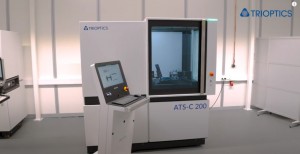














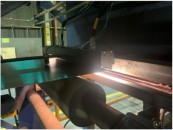
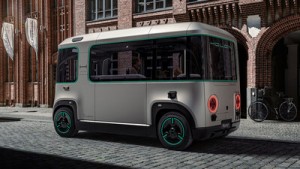





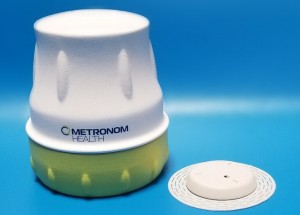
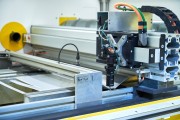



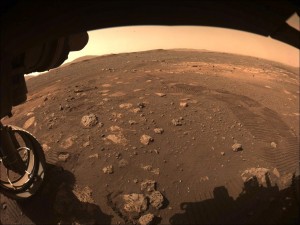
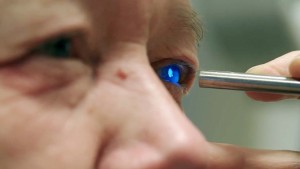
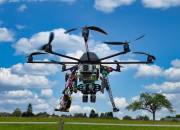
 Back to News
Back to News